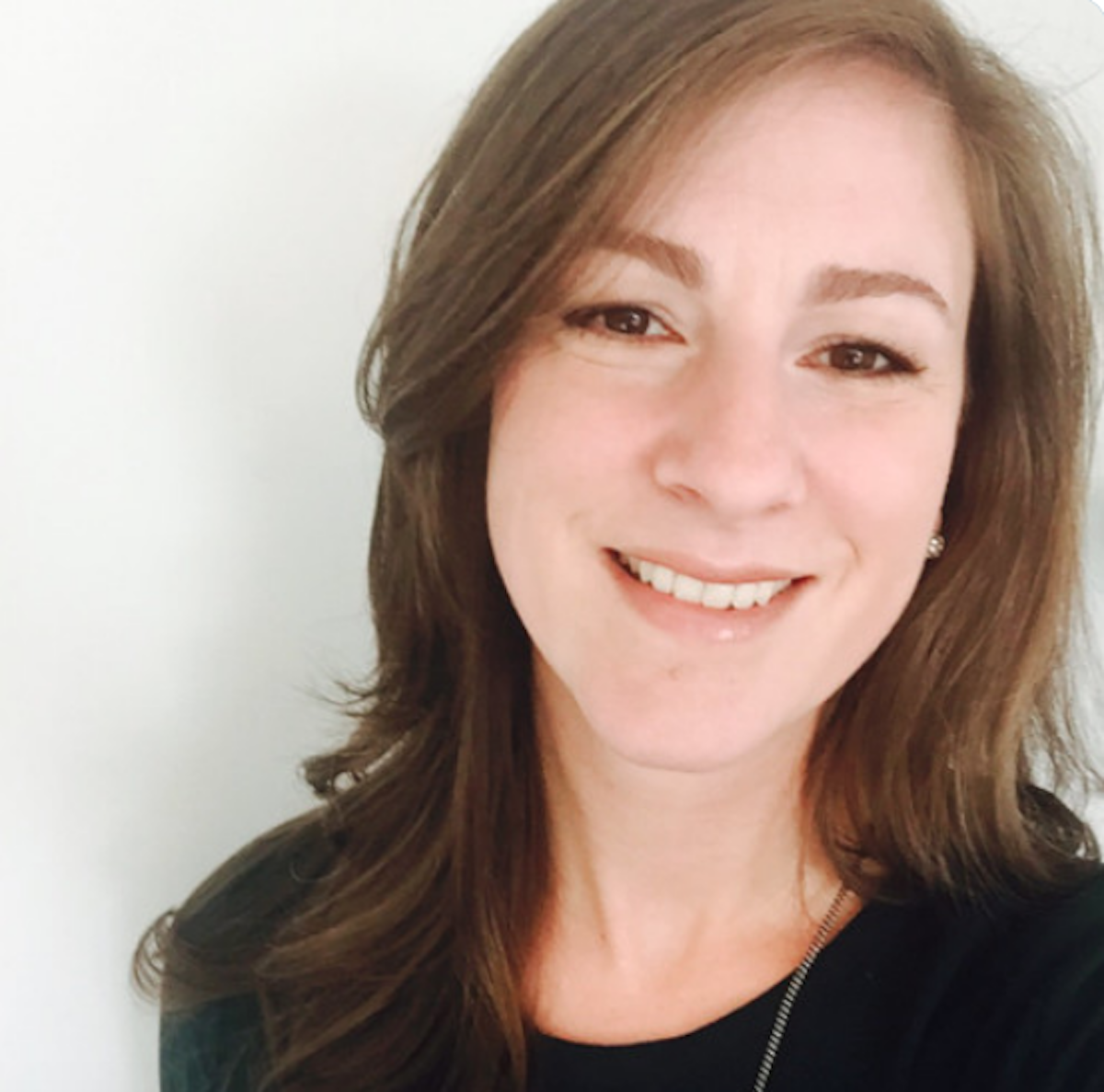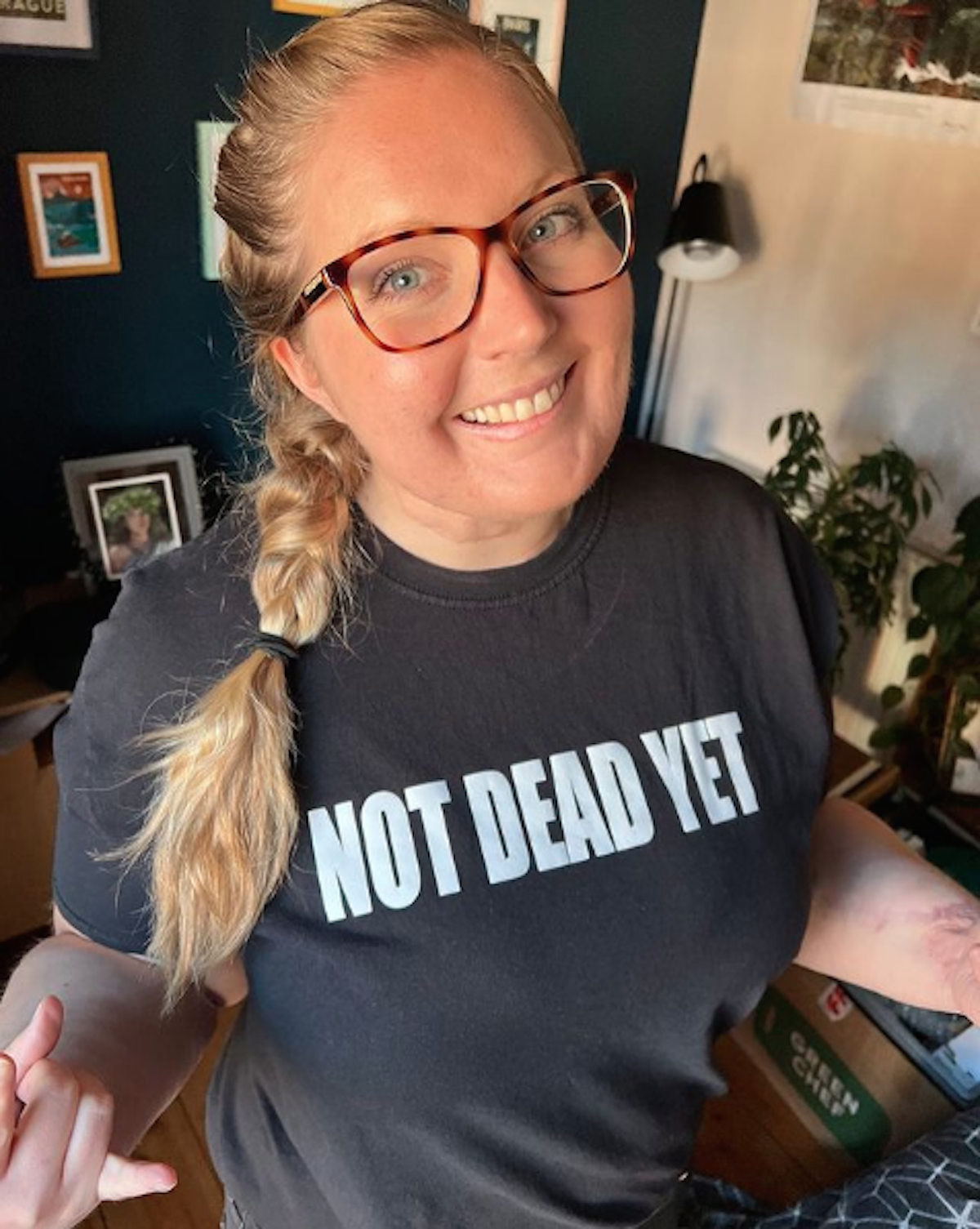Understanding Head & Neck Cancers
- Tongue cancer is on the rise among young people in the United States, according to a recent Surveillance, Epidemiology, and End Results (SEER) Program analysis, and among those a diagnosed were a 48-year-old woman from Connecticut and a 22-year-old from England, both of whom are part of the “Young Tongues” group.
- Dr. Diana Kirke, an otolaryngologist at Mount Sinai Hospital who recently presented an analysis on “geographic trends in oral tongue squamous cell carcinoma among young individuals,” told TODAY.com, “since 2010, there seems to be a national shift to younger patients developing oral tongue squamous cell carcinoma. There is a very clear rise in patients that are non-smokers and non-drinkers.”
- Tongue cancer can be caused by a sexually-transmitted virus called HPV, and top experts suggest getting young adults vaccinated.
- “If I had any advice for you following a cancer diagnosis, it would be, first, to seek out multiple opinions as to the best care,” National Cancer Institute Chief of Surgery Steven Rosenberg told SurvivorNet in an earlier interview, "because finding a doctor who is up to the latest of information is important.”
Smith didn’t receive her tongue cancer diagnosis until she saw a fourth doctor who send her to get a CT scan, after months of misdiagnosis.
Read More
“They diagnosed me as having stage 4A tongue cancer that spread to the lymph nodes in my neck.”
She admitted she “felt dismissed” after receiving her diagnosis, adding, “Anger followed pretty quickly after that because I was so far along. I was stage 4A.”
“It was a struggle to get doctors to pay attention,” Smith recalled, noting how she didn’t feel like the doctors were “listening” to her.
It was the last doctor she saw that did a CT scan for her and informed her there was a “problem.”
“I felt elated that someone was finally listening to me and slightly vindicated because I felt in my heart of hearts something was wrong. I was losing weight at that point, like rapidly, for no reason,” Smith said.
She underwent a 15-hour surgery to have a third of her tongue removed and reconstructed with a skin graft and a neck dissection to remove 36 lymph nodes. After recovering for six weeks, she underwent six weeks of radiation and chemotherapy at the same time.
Shortly after her diagnosis, which came as a shock to Smith since she wasn’t the typical age of someone who gets tongue cancer, she joined the “Young Tongues.”
“The Young Tongues is a peer to peer support group made up of young people who have been diagnosed with Tongue Cancer or a cancer diagnosis that involves similar treatment,” the Young Tongues website explains.
Meanwhile, Barbara Fountain, a 26-year-old from Norwich, England, one of the founding members of Young Tongues and a tongue cancer warrior herself, also spoke with TODAY.com, saying, “There is a mystery as to why more and more young people, and actually statistically more female, younger people, are getting diagnosed with tongue cancer.”
“[In younger populations] you’re not really able to smoke enough, to drink enough to cause that type of damage.”

Fountain, who was diagnosed with stage 1 tongue cancer at age 22 after three months of an having an ulcer on her tongue, added, “I seem to be even more of a rarity because my cancer got caught early, which makes a really big impact in terms of outcomes from survival rates and quality of life.
“A lot of young women don’t get referred to a specialist quick enough. I was just plain lucky that my dentist follows best practices.”
Last December marked four years after Fountain was diagnosed with cancer, and she took to Instagram to celebrate, writing, “4 years on and I’m still here. Physically things have really calmed over the past year. My mouth and neck has settled down after everything it's been through and I have longer gaps between checkups.
“Less bumps = less scans = less biopsies = less anxiety. At the beginning of the year I dared to think: I made it … it’s done. Little did I know that this disease will continue to influence and shape my life in both beautiful and heartbreaking ways.
“For now I’m looking forward to ringing our life insurance company in February to tell them I’m 4 years cancer free, so I can be added back to our policy, making sure Nick is covered when I do one day kick the bucket,” she continued, “It’ll be another year and a bit until we reach the “cured” mark. Not sure how I feel about that one, but I guess I have another year to figure that out.”
Tongue Cancer On The Rise
Dr. Diana Kirke, an otolaryngologist at Mount Sinai Hospital who recently presented an analysis on “geographic trends in oral tongue squamous cell carcinoma among young individuals,” also spoke with TODAY.com.
She told the news outlet that people who usually get tongue cancer are “are older males who smoke and drink and occasionally elderly females with probably a dental issue and therefore a predilection to developing a tongue cancer.
However, “since 2010, there seems to be a national shift to younger patients developing oral tongue squamous cell carcinoma. There is a very clear rise in patients that are non-smokers and non-drinkers,” she explained.
The recently presented analysis states, “The National Cancer Institute’s SEER (Surveillance, Epidemiology, and End Results) was queried from 2000 to 2019 for young adult patients (15-44 years old) with oral tongue squamous cell carcinoma.
“Trends in annual incidence rate were calculated by sex, race, and age using SEER*Stat. Annual and average percentage change (APC) regression was stratified by gender and used to identify incidence hotspots, characterized by an area of highest APC. Overall, 17 cancer registries were examined across 13 states and 634 counties.”
Overall, the analysis found a constant rise in tongue cancer cases in the age range of 15-44 over the past two decades in 15 hotspots, including some in Connecticut, New Mexico, and New Jersey.
“The incidence of oral tongue SCC in young populations shows substantial geographic heterogeneity based on our SEER database analysis, with distinct hotspots showing greater increasing incidence trends in young populations,” the analysis explains.
“Further analysis will examine county-level factors to further describe regional incidence trends and provide geospatial mapping of oral tongue cancer hotspots.”
Understanding the Cause of Head & Neck Cancers
Tongue cancer, which is often categorized as a “head and neck cancer,” is associated with HPV, the human papillomavirus, which is the most common sexually transmitted infection in the United States. Only in recent years have doctors been discovering more about the virus and its association with these diseases.
Cancer can occur both on the part of the tongue that is in the mouth as well as the portion that is located in the throat, where it can be harder to detect and may spread into the neck’s lymph nodes, according to the Mayo Clinic.
While surgery is often required to remove the cancerous cells, other treatments include chemotherapy, radiation and targeted drug therapies. If the cancer is advanced, some of these treatments can affect a patient’s ability to eat or speak, though it’s possible to regain those functions through rehabilitation therapy.
Though not all tongue cancer is caused by the human papillomavirus, the most common sexually transmitted infection in the United States, there is a link.
Why the HPV Vaccine is so Important in Preventing Cancer
“From the 1980s to the 2010s, the rate of HPV-related head and neck cancers has gone up by 300 percent,” Dr. Ted Teknos, a head and neck cancer specialist, and president and scientific director of University Hospitals Seidman Cancer Center in Cleveland, Ohio, told SurvivorNet during a previous interview.
The vast majority of humans in the United States, both men and women, will eventually get infected with HPV, according to Dr. Allen Ho, a head and neck surgeon at Cedars-Sinai.
“The important thing to know about HPV is that there are many different strains, and only a couple of them tend to be more cancer-inducing,” he told SurvivorNet. “Probably less than 1 percent of the population who get infected happen to have the cancer-causing virus that somehow their immune system fails to clear, and over 15 to 20 years it develops from a viral infection into a tumor, and a cancer.”
It’s unclear whether HPV alone is enough to trigger the changes in your cells that lead to head and neck cancers, or whether this happens in combination with other risk factors like smoking.
Of course, some people who develop head and/or neck cancers have no known risk factors for the condition. Genetics can play a role in this cancer, too.
Expert Resources On HPV-Linked Cancers
- Get the Facts: What Do We Know About HPV-Linked Throat Cancer?
- HPV-Related Cancers Are on the Rise And More Than 70 Cancer Centers Call for Urgent Action to Increase Vaccinations; What You Need to Know to Protect Your Child’s Health
- Millions More Americans Now Eligible to be Vaccinated Against HPV-Related Cancers
- HPV Vaccination Dramatically Reduces Cervical Cancer Rates; Everything You Should Know About The Vaccine
- The HPV Vaccine Gardasil Now Approved For Prevention of Head & Neck Cancers– As Cases Rise in Men
Head and neck cancers are unique in that they’re usually preventable with the HPV vaccine. And that’s why those eligible should get vaccinated against HPV, SurvivorNet experts have told us.
The vaccine is typically given to children before they are sexually active, as HPV is transmitted through sexual contact. And contrary to some detrimental misinformation circulated online, the HPV vaccine is entirely safe.
There are virtually no side effects with this vaccine, Dr. Jonathan Berek, director of the Women’s Cancer Center at Stanford Medical Center, previously told SurvivorNet. He insists it’s “incredibly safe.”
Leading Experts Urge Us to Be Proactive
“If I had any advice for you following a cancer diagnosis, it would be, first, to seek out multiple opinions as to the best care,” National Cancer Institute Chief of Surgery Steven Rosenberg told SurvivorNet in an earlier interview, “because finding a doctor who is up to the latest of information is important.”
As we highlight in several areas of SurvivorNet, highly respected doctors sometimes disagree on the right course of treatment, and advances in genetics and immunotherapy are creating new options.
Also, in some instances the specific course of treatment is not clear-cut. That’s even more reason why understanding the potential approaches to your disease is crucial.
At the National Cancer Institute, there is a patient referral service that will “guide patients to the right group depending on their disease state so that they can gain access to these new experimental treatments,” Rosenberg says.
Cancer Research Legend Urges Patients to Get Multiple Opinions
Furthermore, getting another opinion may also help you avoid doctor biases. For example, some surgeons own radiation treatment centers.
“So there may be a conflict of interest if you present to a surgeon that is recommending radiation because there is some ownership of that type of facility,” Dr. Jim Hu, director of robotic surgery at Weill Cornell Medical Center, told SurvivorNet.
Other reasons to get a second opinion include:
- To see a doctor who has more experience treating your type of cancer
- You have a rare type of cancer
- There are several ways to treat your cancer
- You feel like your doctor isn't listening to you, or isn't giving you good advice
- You have trouble understanding your doctor
- You don’t like the treatment your doctor is recommending, or you’re worried about its possible side effects
- Your insurance company wants you to get another medical opinion
- Your cancer isn’t improving on your current treatment
WATCH: Be Pushy, Be Your Own Advocate… Don't Settle
Just remember, being proactive about your health could be a matter of life or death. Learn as much as you can from as many experts as you can, so that you know that you did your best to take control of your health.
How Common Are Misdiagnoses?
Susan Smith’s story reminds us of a shocking study about how frequently patients are misdiagnosed. According to the study, published in BMJ, an estimated 371,00 people in the U.S. die every year due to a misdiagnosis and around 424,000 people are permanently disabled. The study said an estimated 800,000 Americans in total suffer “serious harm” due to misdiagnosis every year.
The researchers for this particular study focused on “serious harm,” but also noted that less detrimental misdiagnoses were likely occurring on an even grander scale. According to STAT, authors believe the number of diagnostic errors that happen in the U.S. each year could be between 50 and 100 million.
Despite these shocking numbers, most misdiagnoses do not have dire consequences.
Advocating for Yourself While Navigating the Medical World
David Newman-Toker, the lead author of the paper, told the outlet, "The risk level just walking through the door in the doctor’s office that something horrible is going to happen to you because of a diagnostic error is actually quite low."
In an earlier interview with SurvivorNet, Dr. Zuri Murrell, director of the Cedars-Sinai Colorectal Cancer Center, said that healthcare guidelines are meant to do the right thing for the largest number of people while using the fewest resources.
“The truth is you have to be in tune with your body, and you realize that you are not the statistic,” he said.
Dr. Murrell says not every patient will “fit into” the mold, so it’s important to educate yourself and be your own health care advocate.”
“Every appointment you leave as a patient, there should be a plan for what the doc is going to do for you, and if that doesn’t work, what the next plan is,” Dr. Murrell said. “And I think that that’s totally fair. And me as a health professional, that’s what I do for all of my patients.”
"Always Get a Second Opinion" San Diego Resident Lynn Brooks' Survivor Story
Contributing: SurvivorNet Staff
Learn more about SurvivorNet's rigorous medical review process.


